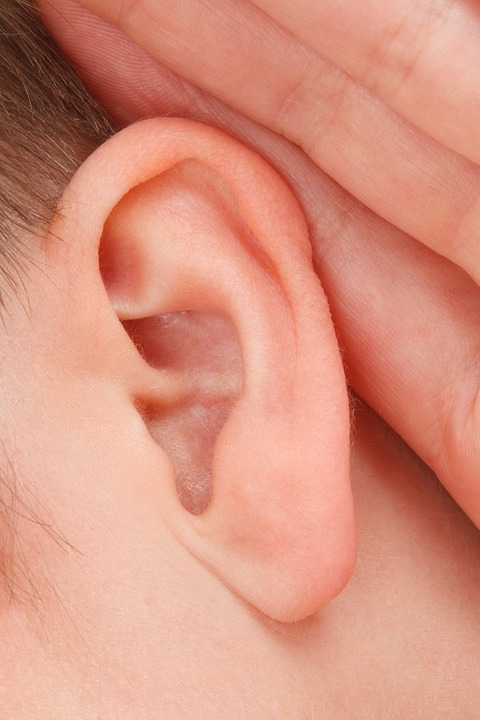Julie Entwistle, MBA, BHSc (OT), BSc (Health / Gerontology)
In recognition of Speech and Hearing Month, I wanted to tell the story of my personal experience as a mom of a child diagnosed with auditory processing disorder (APD).
APD is best explained using the example of the game “Operator”. If the first person is the ears, and the last the brain, everyone in between is the channel by which the message travels. And remember what happens? By the time the message reaches the “brain” it has been altered. So, really APD is just that – when a message or sound changes as it travels from the ears to the brain resulting in the brain getting the wrong message.
Signs of APD can include difficulty with: communicating in noisy environments, following multi-step instructions, and wrongly hearing words, sounds and sentences. As an overlap exists between the signs of APD and other disorders, and this may coexist with other problems, it can be difficult to diagnose.
Being a clinician, I recognized early that my daughter struggled with “hearing”. Yet at 18 months her hearing test was “fine”. When she was three I remember telling her that her “ears and brain were not talking”. In school she would become easily distracted, would struggle with multi-step instructions, and did much better in classes that were smaller, less chaotic, or when she sat closer to the teacher. At home the presence of her APD was apparent when my instruction “change your shirt” would be met with the response “I am not wearing shorts”. Or, when the instructions “brush your hair, grab your lunch and put your coat on” might result in one, maybe two, but rarely three of those instructions being followed. But my favorite remains when my daughter told her sisters they were “turtle twins” as she had misheard the word “fraternal”.
The diagnosis of APD is made by an audiologist when the child is at least 7 or 8 years old. However, psycho-educational tests can also be helpful to rule out other or comorbid problems. In adults, APD also exists, and can be the result of many factors, including acquired brain injury. Also, some research suggests that men start to struggle with APD after age 35 and women after menopause.
My next blog will focus on ways we managed our daughter’s APD at home, in sports and school, and these same strategies could also be used by others who have, treat, or know someone with APD.

